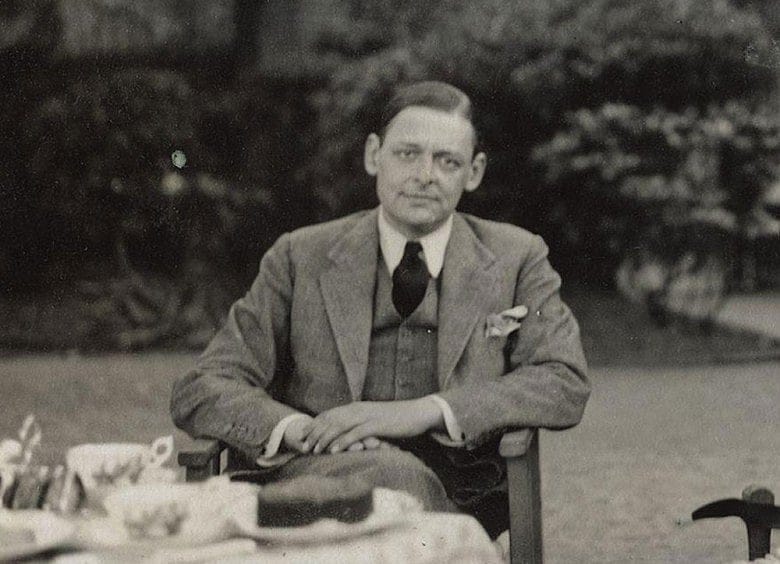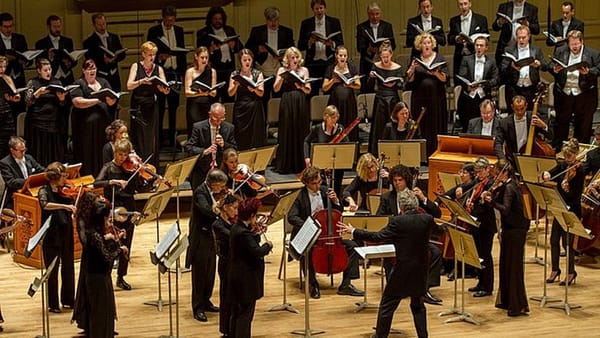Commemorating T.S. Eliot

An anniversary has almost passed us by, unnoticed by the Boston media, and one eminently worthy of celebration.
One hundred years ago, T.S. Eliot, the great poet who notably defined himself as "an Anglo-Catholic in religion, a classicist in literature and a royalist in politics," published his first poem, "The Love Song of J. Alfred Prufrock." Eliot started composing the poem at Harvard in 1910 and finished it in Munich, Germany in 1911. The poem's imaginative subject matter contains many hues of Boston and Cambridge. Though published in 1915, it aptly expresses our modern world and the fog of spiritual unrest surrounding us that has yet to clear.

